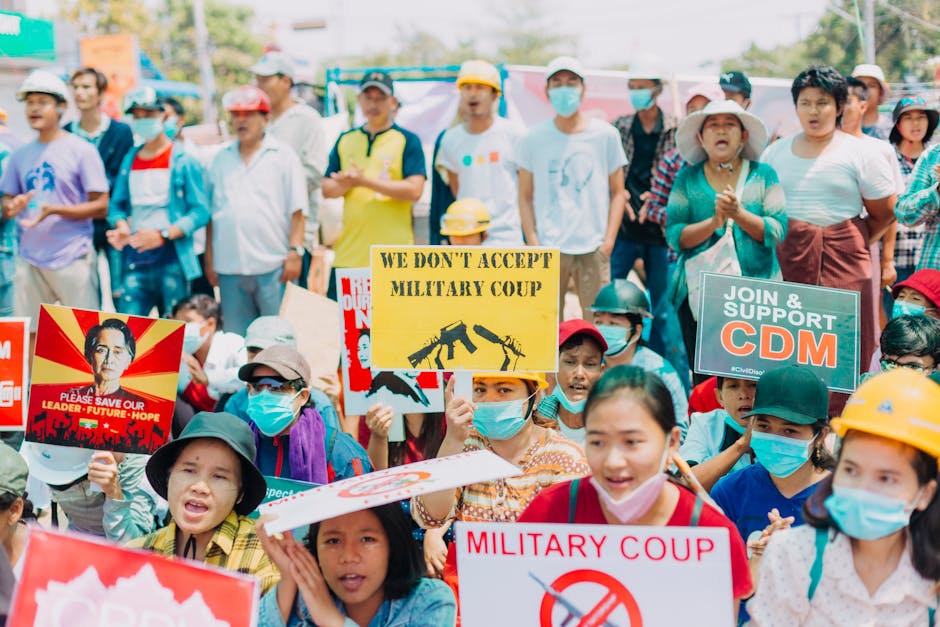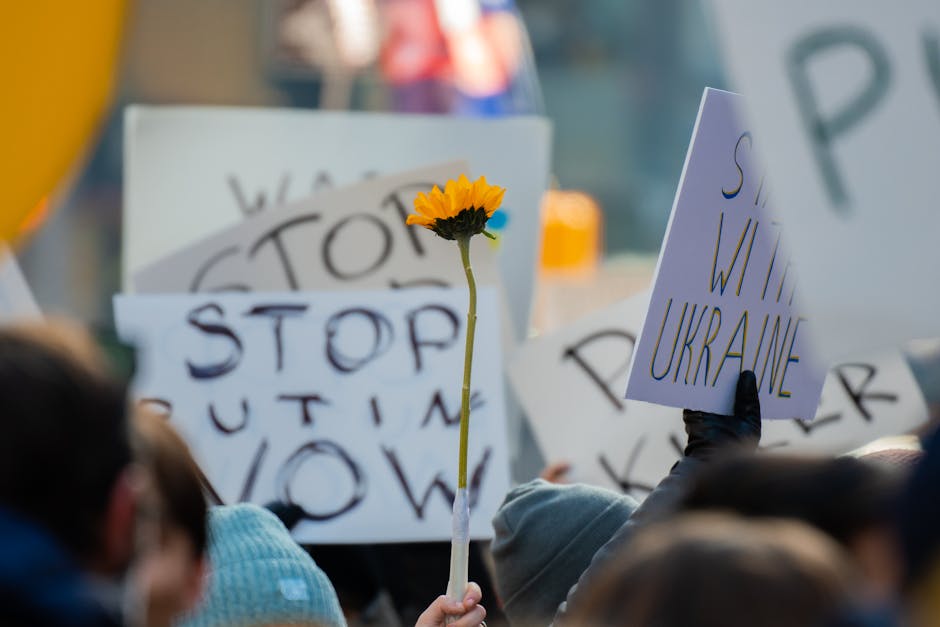Myanmar Activists Sue Telenor Over Alleged Data Handover to Military
In a landmark case blending corporate responsibility and human rights, activists in Myanmar are suing Norwegian telecommunications company Telenor for allegedly providing user data to the country’s military junta. This lawsuit could set a crucial legal precedent, intensifying scrutiny of tech companies operating in authoritarian regimes and their role in enabling state-sponsored repression.
Telenor’s Exit and Alleged Compliance
Telenor, one of Myanmar’s largest telecom providers, exited the country in 2022 following the military coup in February 2021. The company sold its operations to Lebanon-based M1 Group. However, activists allege that before leaving, Telenor complied with the junta’s demands to hand over sensitive user data, including call logs and location information. They claim this data was used to target pro-democracy activists, journalists, and civilians opposing the regime.
Lawsuit Aims to Hold Telenor Accountable
The lawsuit, led by Myanmar’s Civil Disobedience Movement (CDM) and backed by international human rights organizations, seeks accountability for Telenor’s alleged role in human rights abuses. Activists argue that Telenor violated its ethical guidelines and international human rights standards, endangering countless lives.
“Telenor had a responsibility to protect its users but chose to collaborate with a regime that has killed, tortured, and imprisoned thousands,” said a CDM spokesperson. “This lawsuit is about ensuring no corporation profits from oppression.”
Telenor’s Defense and Criticism
Telenor has denied the allegations, stating it complied with local laws during its operations in Myanmar. The company emphasized its commitment to protecting employees and customers while adhering to legal obligations.
Critics, however, argue Telenor had alternatives, such as challenging the junta’s demands in court or exiting sooner. The sale to M1 Group, which has ties to authoritarian regimes, has also drawn criticism, with activists fearing it has strengthened the junta’s surveillance capabilities.
Broader Implications for Corporate Accountability
This lawsuit is part of a larger effort by Myanmar’s pro-democracy movement to hold foreign companies accountable for enabling the junta. Since the coup, the military has weaponized technology to suppress dissent, using surveillance, internet shutdowns, and censorship.
The case raises critical questions about the ethical obligations of multinational companies in conflict zones. While companies often cite compliance with local laws, human rights advocates argue this can perpetuate harm when laws violate fundamental rights.
A Potential Precedent for the Tech Industry
The lawsuit against Telenor could significantly impact the tech industry, setting a precedent for how companies handle government data requests in authoritarian contexts. It also underscores the need for stronger international regulations to ensure corporations prioritize human rights over profits.
A Fight for Justice and Democracy
As the case unfolds, it will be closely monitored by activists, legal experts, and the tech industry. For Myanmar’s pro-democracy movement, it represents hope in their ongoing struggle for justice.
“This is not just about Telenor,” said one activist. “It’s about sending a message to all corporations that they cannot turn a blind eye to human rights abuses. The world is watching.”
In a nation enduring relentless repression, this lawsuit highlights the resilience of Myanmar’s pro-democracy movement and the global importance of corporate accountability.




